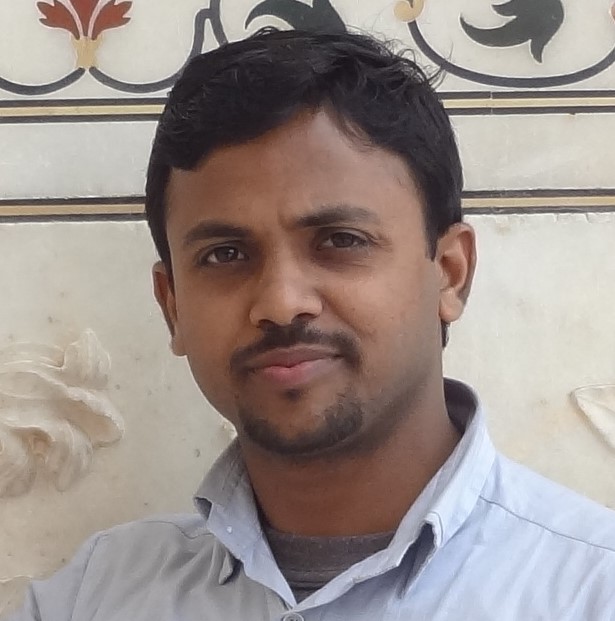- 20 Apr 2017
MEI Arabia-Asia Cluster: Networking Sacred Resources and Channelling Sufi Rituals: Malabar in Hadrami Networks of the Indian Ocean
(This event is organised by MEI’s Arabia-Asia Research Cluster, as part of its monthly seminar series.)
Abstract: Despite having intense maritime interactions since centuries, Malabar has not been placed adequately in the debates over wider Hadrami networks in the Indian Ocean, nor have the socio-cultural formation and ritual accretion of Mappila Muslim society through trans-regional linkages been parsed systematically. This paper traces the historical settlement of Hadrami immigrants and the permeation of their Sufi ritual incantation into Mappila devotionalism in Malabar. Employing a critical reading of Hadrami writings, it explores how immigrants wove the wefts of a trans-regional network locally and channelled the Alawi Sufism into routine Mappila rites in the region. To explain the deep pervasion of a Southern Arabian Sufism, I consider the litany of the Alawi Sufi order, Ratib al-Haddad, a religious ritual that prevails throughout the Malabar region with its conspicuous Hadrami provenance. This eighteenth century litany, composed by Hadrami Sayyid ʿAbd Allah al-Haddad (1634-1720), is routinely recited after the night prayer in almost all Shafi mosques and often in houses of religious families in Malabar, regardless of whether they belong to the Hadrami lineage and its Alawi Sufi order or not.
I examine conveniently two potent nodes of early immigrant networks in Malabar, Shaykh al-Jufri (d. 1808) and Sayyid ʿAlawi (d. 1844), to demonstrate how Hadrami immigrants succeeded in interweaving an influential network in distant lands and diffusing their ritual into the inlands of Malabar. To explain this Hadrami success, I find handy the theoretical insights provided by the social network scientists, who articulate how various resources—such as the human capital (education and experience) and social capital (resources received through social relations)—play decisively in social networks and success of immigrants. Banking in on their findings that the success of a network is positively associated with the better utilization of resources, this paper argues that in the Hadrami diasporic networks, it was the better manipulation of sanctified resources of Sayyids that engendered the Hadrami success in new host locations. These sacred resources, gained by the sanctified judgements regarding mainly the sacred lineage and Sufi Karamats (preternatural activities) of Hadrami Sayyids, can be termed as ‘sacred capital’, which as this paper argues, replenishes resources for the successful networking of Hadrami Sayyid immigrants. This sacred capital helped not merely to channelize the Alawi order and its rituals like Haddad into hinterlands but even to mobilize the anti-British political struggles of the host Mappila society, and it continues to influence the social and political realms of host societies in the Indian Ocean and elsewhere.
About the Speakers

Dr. Abdul Jaleel P.K.M. is currently associated with ARI, NUS. He received his Ph.D. from Jawaharlal Nehru University, New Delhi. His research on ‘Hadrami Sayyid Diaspora of Kerala and Singapore: A Comparative Study’ is a historical and anthropological examination of diasporic experiences of an immigrant community from the same homeland how ended up with diverse socio-political and economic trajectories. On the lines of recent attempts to perceive societies around the Indian Ocean as culturally and economically inter-connected since centuries, it approached immigrant Hadramis in the both places as a maritime community whose trajectories were shaped by both land-based polities and sea-based communities. Thus, it demonstrated how the Hadrami immigrants worked as one of the prime agents in inducing the similarity of religious traditions in both South India and Southeast Asia. It also attempted to explain the socio-religious factors that facilitated the diaspora to assume a legitimate leadership of host societies, and it signified their faith-based nature, showing evidently the complexities in dealing with a Muslim diaspora that have sanctified notions of the lineage and Sufism. At ARI, his work is focused on the cultural and economic maritime connections of Malabar with other Asian regions.




